50+ SAMPLE Retail Agreement
-
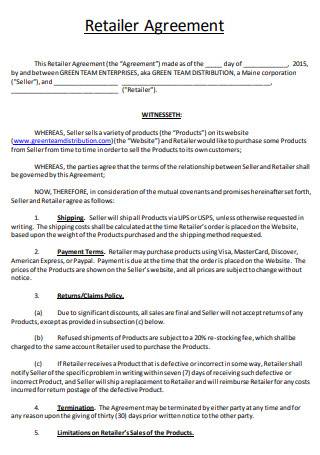
Retailer Agreement
download now -
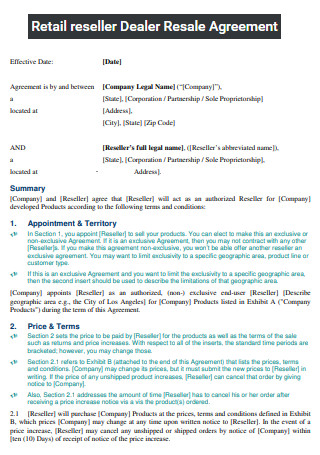
Retail Reseller Dealer Resale Agreement
download now -
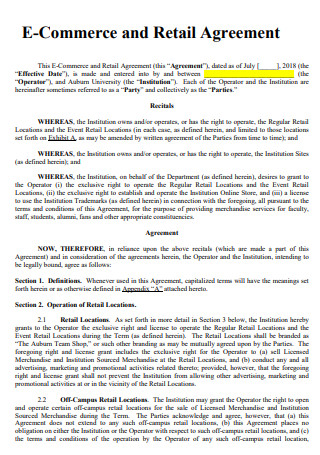
E-Commerce and Retail Agreement
download now -
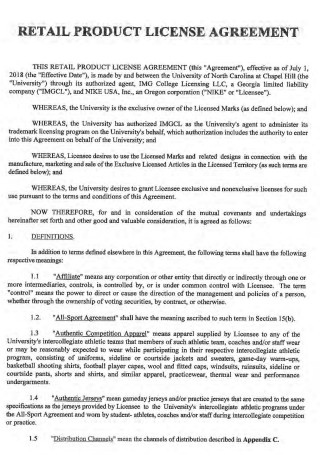
Retail Product License Agreement
download now -
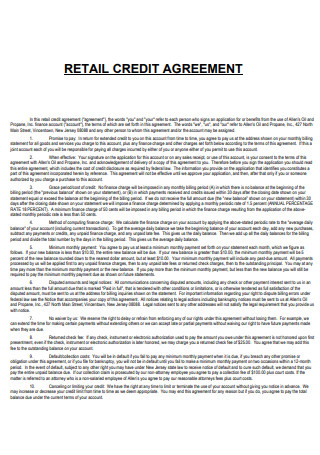
Retail Credit Agreement
download now -

International Framework Retail Agreement
download now -
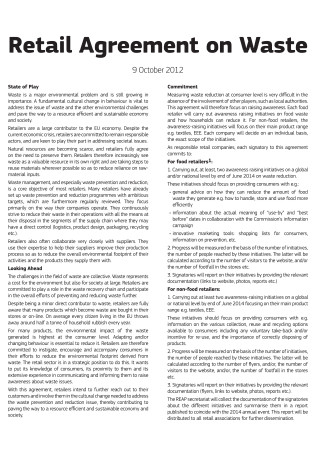
Retail Agreement on Waste
download now -
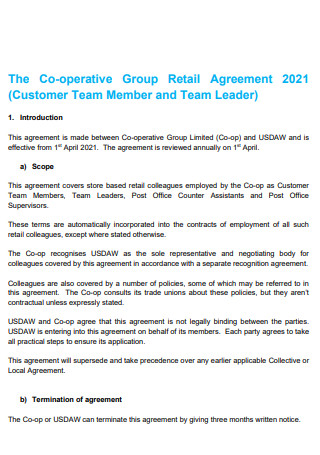
Co-operative Group Retail Agreement
download now -
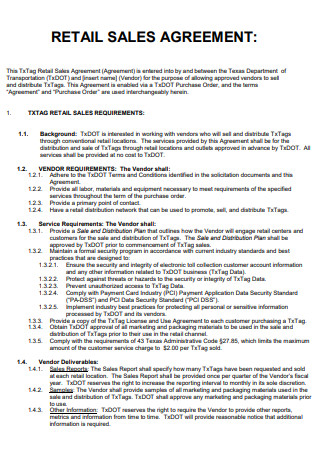
Retail Sales Agreement
download now -
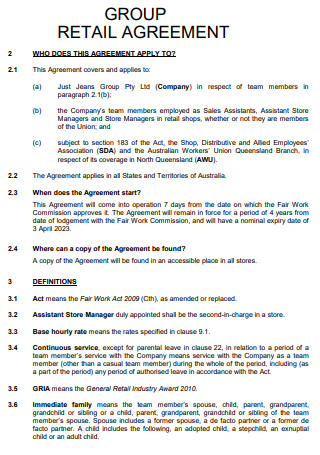
Group Retail Agreement
download now -
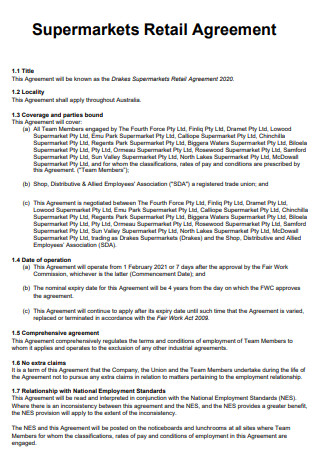
Supermarket Retail Agreement
download now -
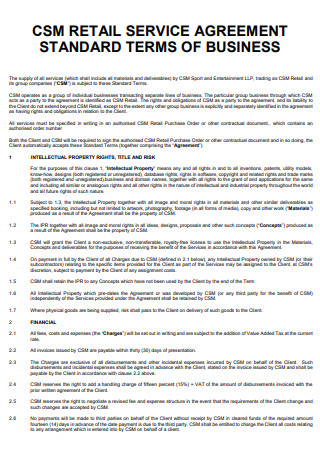
Retail Service Agreement
download now -
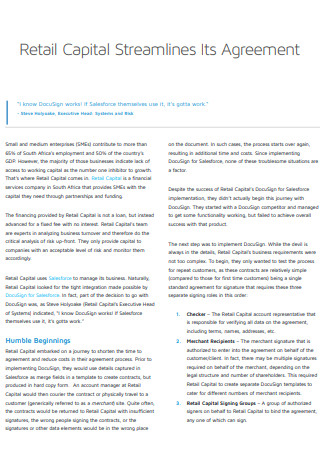
Retail Capital Agreement
download now -
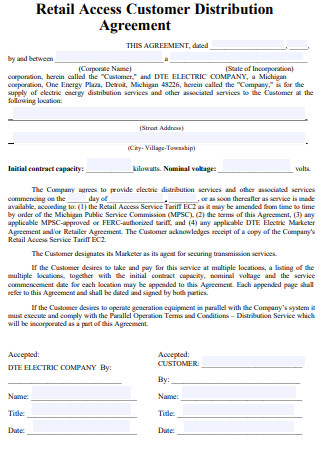
Retail Access Customer Distribution Agreement
download now -
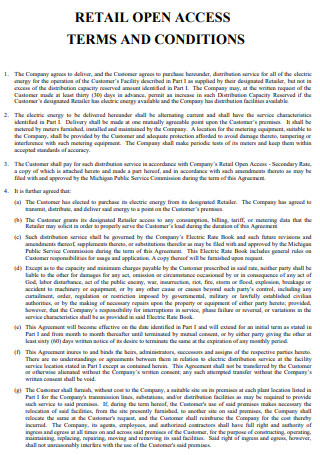
Retail Open Access Agreement
download now -
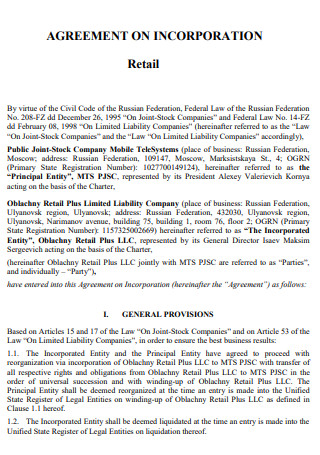
Retail Agreement Incorporation
download now -
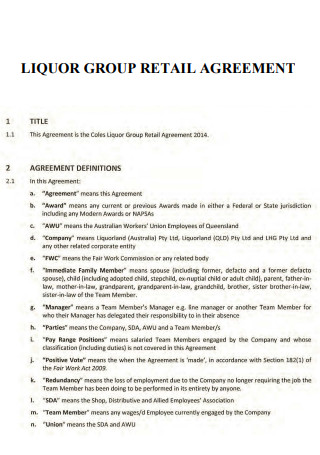
Liquor Group Retail Agreement
download now -
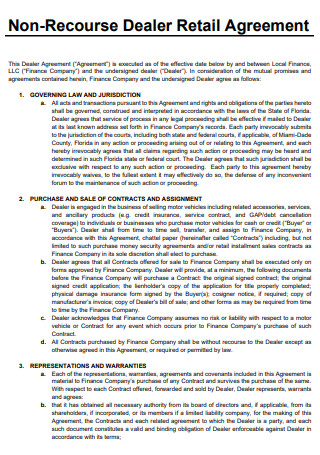
Non-Recourse Dealer Retail Agreement
download now -
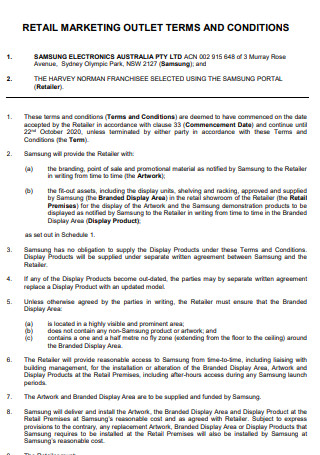
Retail Marketing Outlet Agreement
download now -
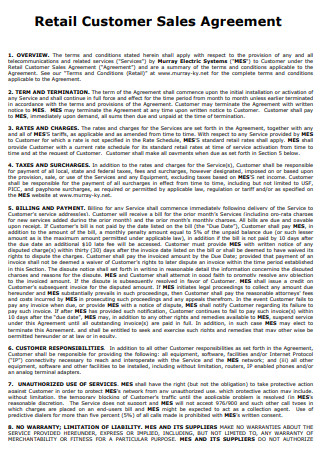
Retail Customer Sales Agreement
download now -
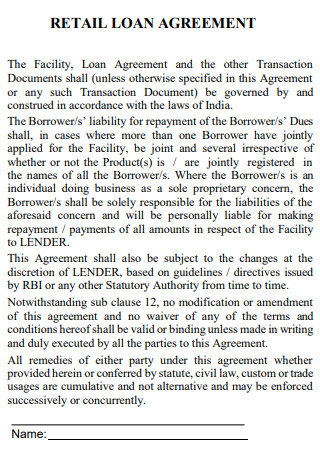
Retail Loan Agreement
download now -
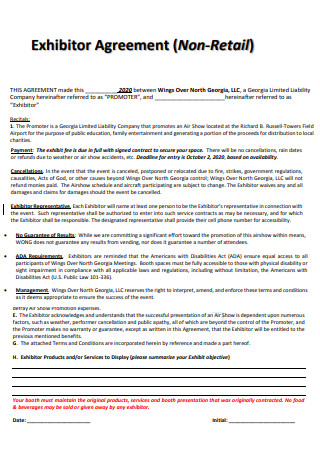
Non Retail Exhibitor Agreement
download now -
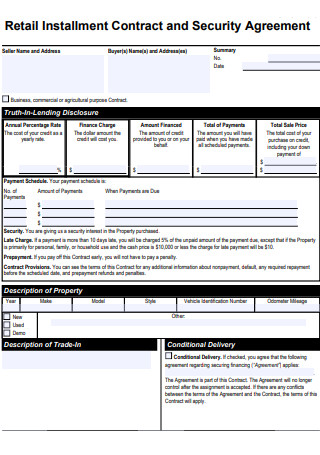
Retail Installment Contract and Security Agreement
download now -
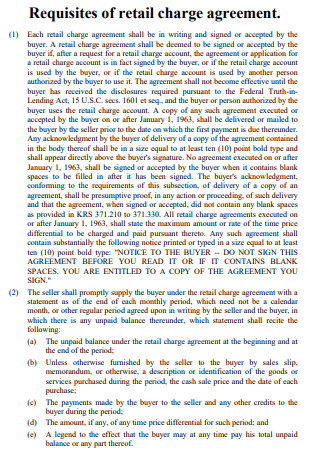
Requisites of Retail Charge Agreement
download now -
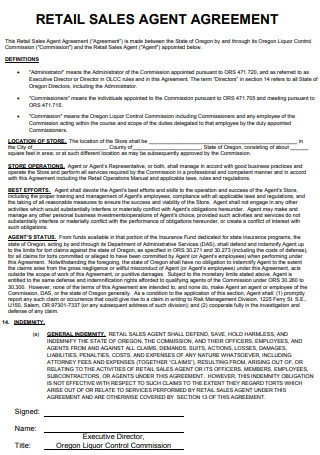
Retail Sales Agent Agreement
download now -
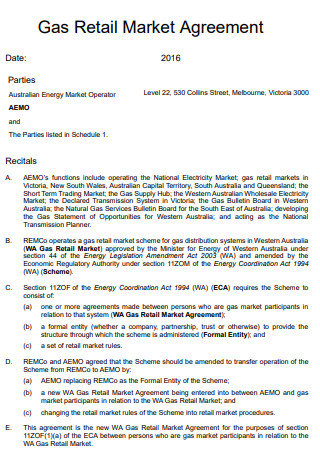
Gas Retail Market Agreement
download now -
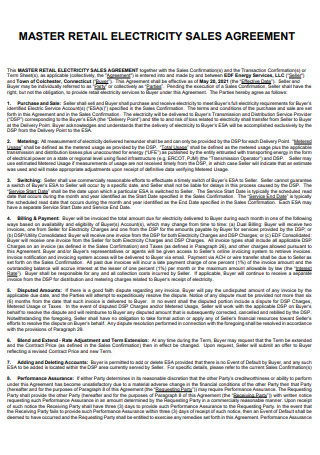
Master Retail Electricity Sales Agreement
download now -
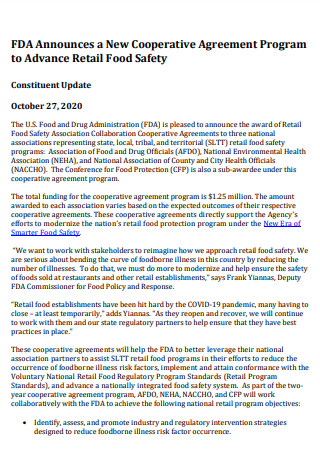
Advance Retail Food Safety Agreement
download now -
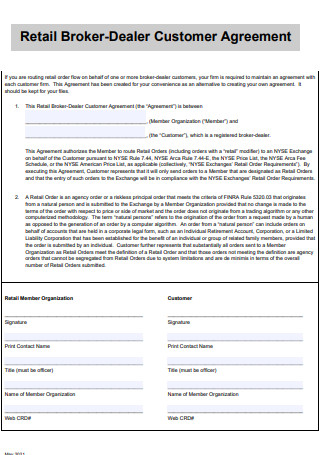
Retail Broker-Dealer Customer Agreement
download now -
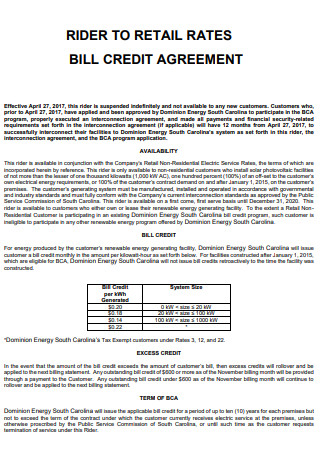
Retail Bill Credit Agreement
download now -
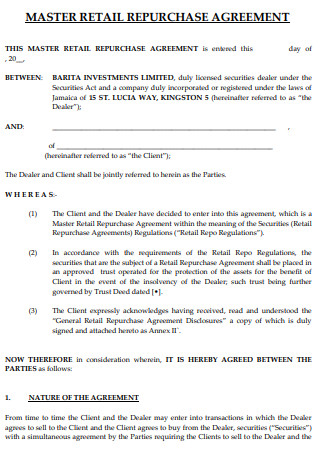
Master Retail Repurchase Agreement
download now -
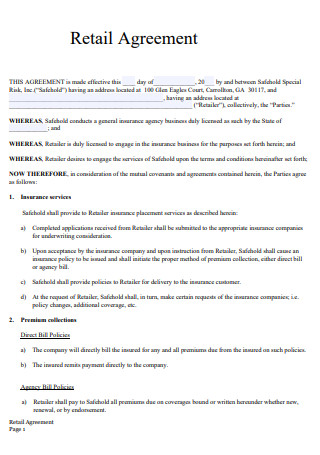
Retail Agreement
download now -
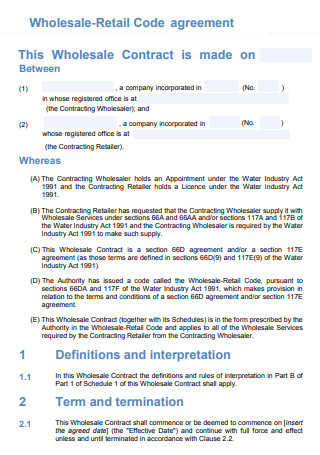
Wholesale Retail Code Agreement
download now -
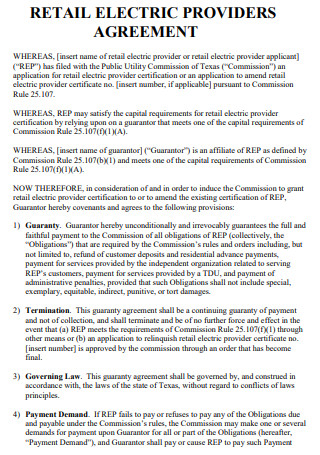
Retail Electric Provider Agreement
download now -
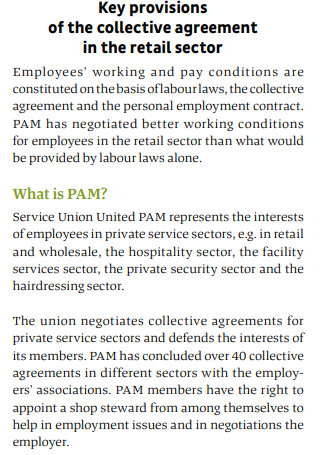
Retail Sector Collective Agreement
download now -
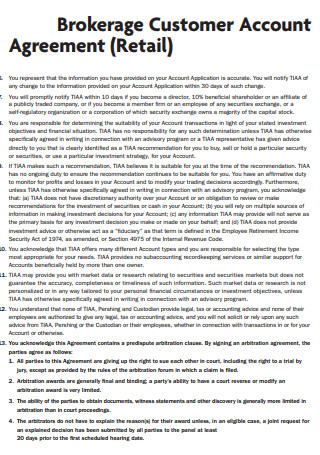
Retail Customer Account Agreement
download now -
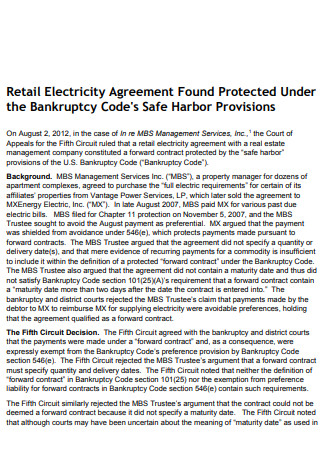
Retail Electricity Agreement
download now -
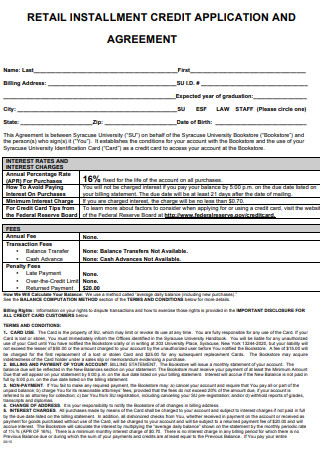
Retail Installment Credit Application and Agreement
download now -
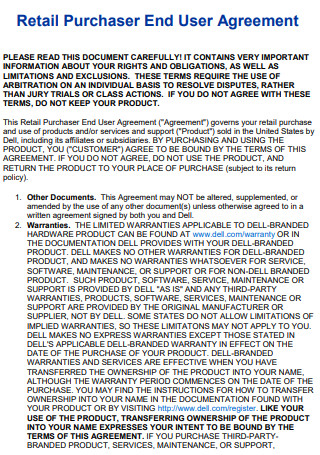
Retail Purchaser End User Agreement
download now -
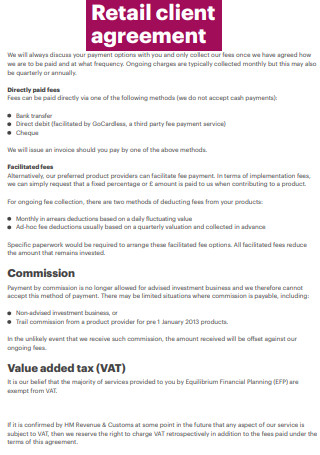
Retail Client Agreement
download now -
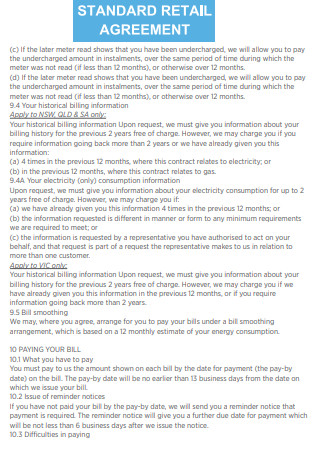
Standard Retail Agreement
download now -
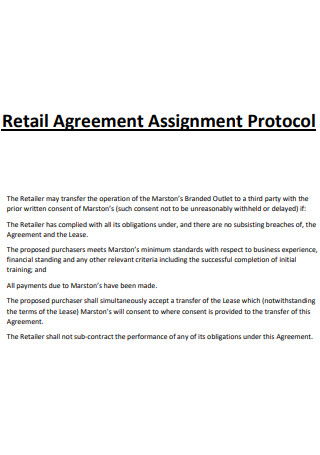
Retail Agreement Assignment Protocol
download now -
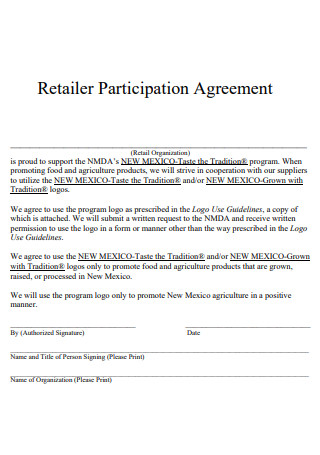
Retailer Participation Agreement
download now -
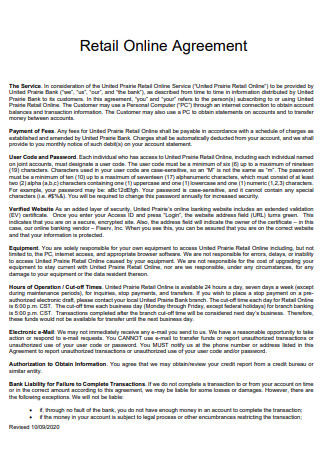
Retail Online Agreement
download now -
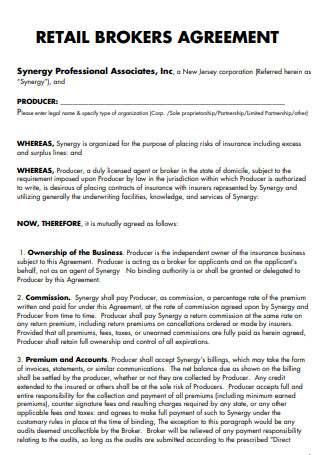
Retail Broker Agreement
download now -
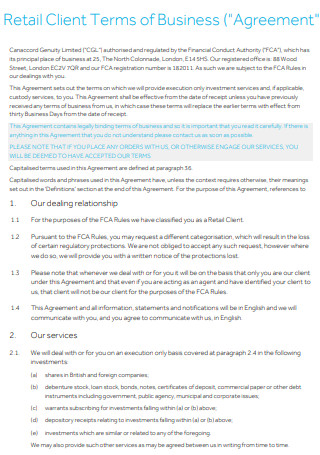
Retail Client Terms of Business Agreement
download now -
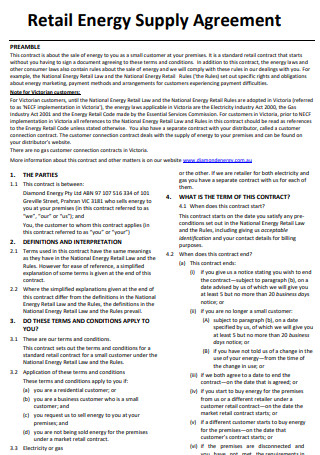
Retail Energy Supply Agreement
download now -
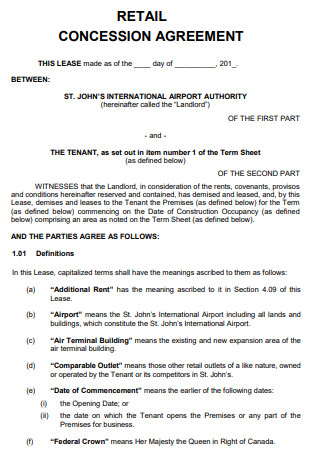
Retail Concession Agreement
download now -
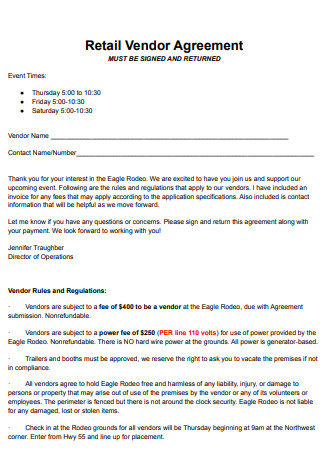
Retail Vendor Agreement
download now -
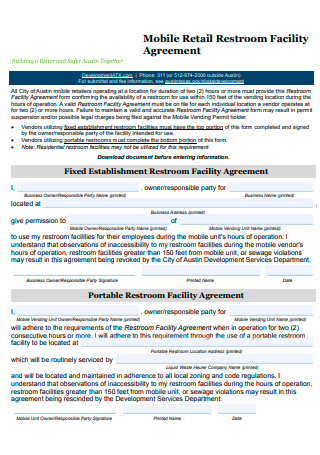
Mobile Retail Restroom Facility Agreement
download now -
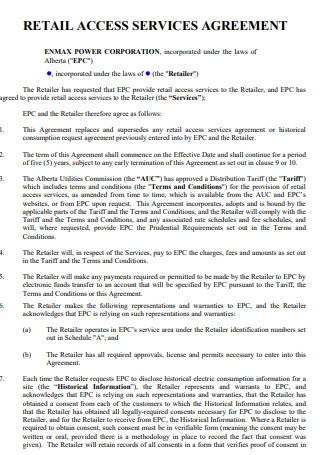
Retail Access Services Agreement
download now
FREE Retail Agreement s to Download
50+ SAMPLE Retail Agreement
What Is a Retail Agreement?
Components of a Retail Agreement
Things Needed When Opening A New Retail Store
How to Write a Retail Agreement
FAQs
What is a retail charge agreement?
What are the benefits of using a digital retail agreement?
What is the legal effect of a purchase agreement?
What Is a Retail Agreement?
A retail agreement formalizes the partnership between a wholesaler and retail. Both sides can be in synchronization with stock, pricing, and other critical information if they have a robust retail agreement in place. This article will help you out and walk you through every step and assist you in creating your agreement with a retail or authorized retail agreement. You could also look into producing a retail contract since it is required if you want to distribute your items to a retail or if you want to buy products and market them in retail.
Components of a Retail Agreement
Before proceeding to show you the steps in writing a retail share agreement, you will need to learn about the necessary components there are to the document. These sections may not outrightly be filled but you must be still aware of the importance of each of them to be included as part of the contents of your agreement.
Things Needed When Opening A New Retail Store
If you are new to the business or industry and would opt to open or continue a physical store than choosing an online Retail Business, then you will need to know what are the essentials. As part of the supplier retail agreement, you have to make sure your store is filled with all the necessary tools and materials to properly show the items you are retailing. Read through the curated list and make sure you didn’t miss anything as you set up your retail store.
How to Write a Retail Agreement
The majority of retail agreements are written to spell out the terms and conditions of a business relationship between a retail and a supplier, in short-acting as an agreement between distributor and retail. Details, duties, rights, and responsibilities should all be properly defined in an Agreement. When establishing your agreement, keep a few basic features in mind to guarantee that it is legally binding and protects all parties. Consult an attorney who specializes in business agreements if you are unsure. The important thing is you won’t be confused over the retail agreement format because this guide will show you which content goes where.
-
1. Professional Information
At the top of the contract, write the names of the retail company and the supplier or seller, as well as their addresses and the current date. Since the sale can be a business or an individual, including tax identification numbers and social security numbers, if applicable. You can also include business Contact Information or email addresses to professionally present both parties. It isn’t necessary but you can also add in the logos.
-
2. Item Descriptions
Describe the thing you are buying. Give a detailed description of the item, including its condition, quantity, color, age, and any other relevant information. If your retail shop is purchasing a fleet of delivery vehicles, for example, you should include the brand, model, color, year, vehicle identification number, mileage, and other relevant information for each vehicle. It is best to be as specific as possible in this section so that the readers will be able to picture out or at least be aware of the details you are listing.
-
3. Payment Plans
Indicate the agreed-upon selling and buying price between the seller and the buyer. Make a note of the method of payment. Indicate whether the supplier will accept payment on delivery or will set up a Payment Invoice system for the shop to pay for deliveries monthly. Indicate how payments should be made, when they are due, and any late fees that may apply if payments are made in installments. You can keep this section organized through the use of tables so that readers won’t be confused over the specific price and which particular item it will go with.
-
4. Imposition of Tax on Products
Make a provision that specifies that any taxes imposed on the item are the responsibility of the retail. Federal, state, local, use, and other taxes are included. Make a note indicating the shop agrees to submit and pay any applicable taxes to the proper authorities. A national retail sales tax is a consumption tax levied as a single rate on all business-to-consumer sales. Retail sales are those made by businesses to Households; neither business-to-business nor household-to-household transactions are considered retail sales.
-
5. Securing Signatures
At the bottom of the contract, make sure there is a designated space to place the signatures of both parties. Don’t forget to include the date of when each party has signed the document. The contract must be signed by both the seller and the buyer, confirming that both parties have read, understood, and agreed to it. In the case of a contract breach, signatures protect both parties. Since both parties have acknowledged the contents of the agreement, any changes should be written and duly noted by a representative.
FAQs
What is a retail charge agreement?
An instrument able to prescribe the terms of a secured or unsecured retail Installment payment that may be made under the tool from time to time and under the terms of which a period price differential is to be calculated concerning the buyer’s unpaid balance occasionally is referred to as a retail charge agreement. When a customer agrees to the extension of a line of credit, such as through a bank or shop credit card or a cash-advancing checking account, a retail charge agreement is formed.
What are the benefits of using a digital retail agreement?
A modern system of agreement entails digitizing all aspects of contracts from start to finish, including contract preparation, signing, acting on, and Management, as well as integrating with other tools you use. As a business owner, your hands will be filled with various things and you will need to prioritize other actions than solely thinking of the format. This is why using a readily-made and digital document is advantageous to you. Getting things done faster, minimizing errors, automating procedures, seeing and controlling what’s going on, providing a convenient experience, and reducing stress are just a few of the advantages.
What is the legal effect of a purchase agreement?
A purchase agreement is a legally binding document that both the buyer and the seller must sign. It is a legally binding contract once both parties have signed it. The seller can only accept the offer if they sign the document, not just by delivering the items.
To clarify the distribution agreements between a supplier and retail, a document to store all the necessary information is important. This is where a retail agreement comes into the picture as a useful document that will contain all there is needed to know between the two parties. Secure a retail store license agreement now so you won’t have to worry about it in the future!
